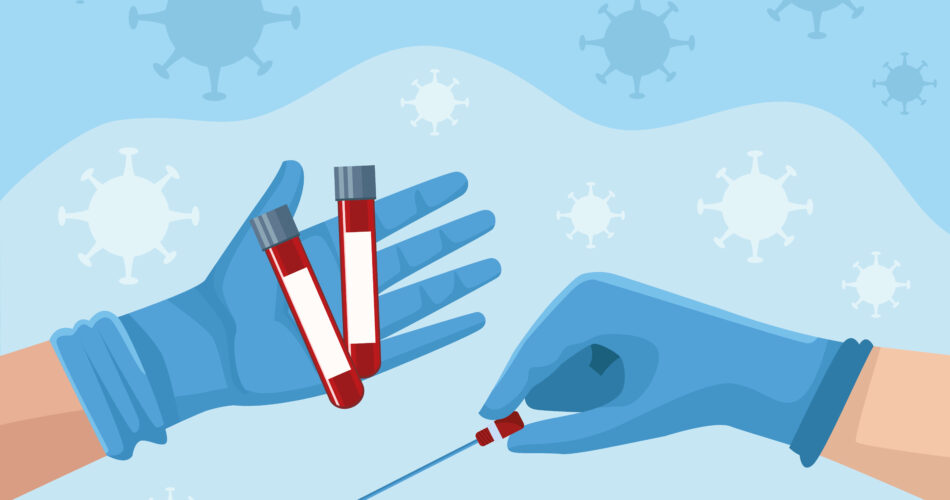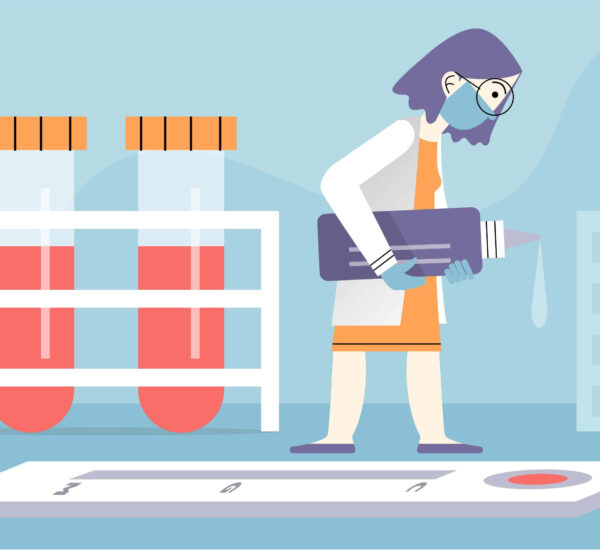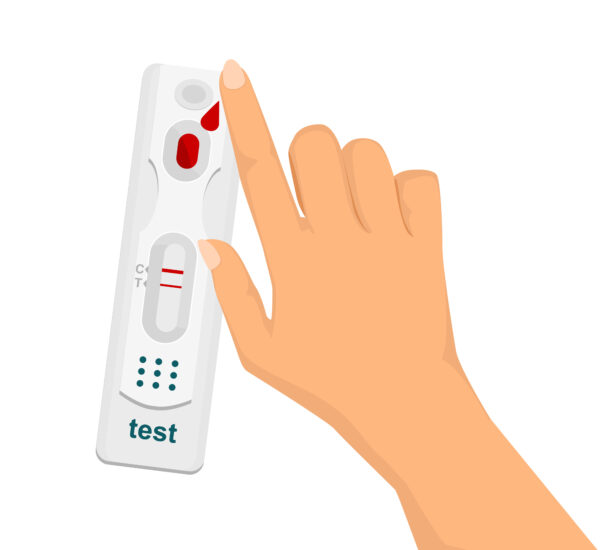Getting tested for HIV is a crucial step in maintaining both personal and public health, but understanding when to retest is equally important. HIV retest recommendations are important details that you must consider to determine your HIV status better. If you think your first test is null and void, it’s best to refer to the retest guidelines.
Retesting for HIV can help confirm initial results, monitor ongoing risk, and ensure early detection. Let’s discover what this guide entails in this blog today!
Why HIV Retesting Matters
Many people don’t immediately know that they have contracted HIV. That’s why regular HIV testing is recommended for those who are considered high risk for getting the virus. However, it shouldn’t stop there as factors can affect the initial test result. In that case, HIV test recommendations should be followed.
HIV retesting plays a key role in:
- Confirming initial test results, especially in cases of high-risk exposure.
- Tracking ongoing exposure risks.
- Detecting new infections early is crucial for timely intervention.
HIV Retest Guidelines: HIV Retest Recommendations Intervals
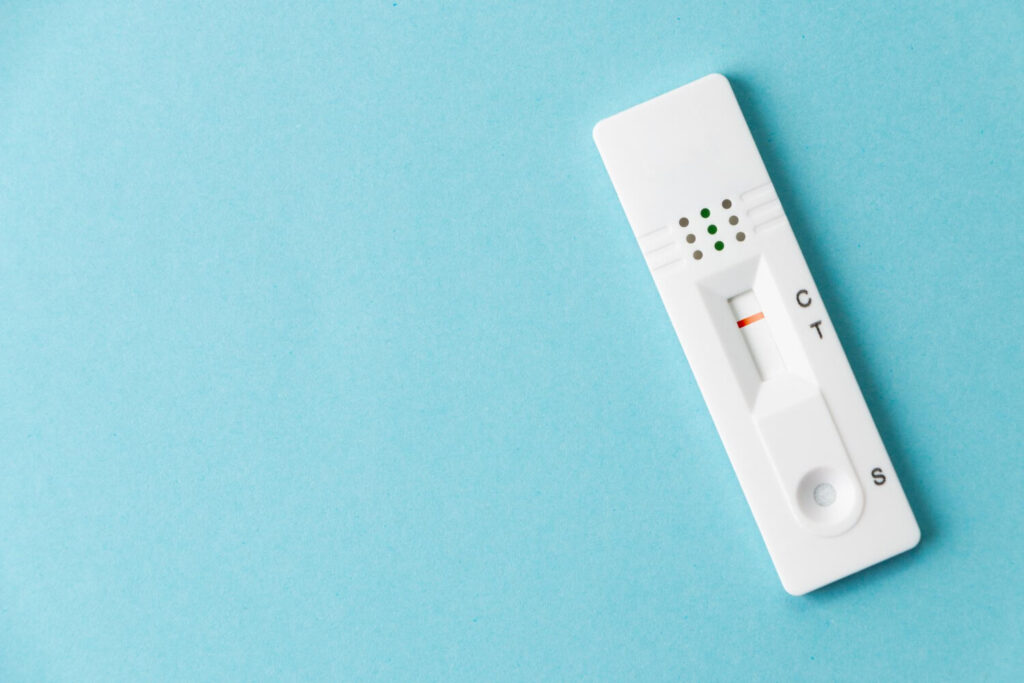
With the importance of proper HIV diagnosis, undergoing another HIV screening test is a must to determine your HIV status. We’ve listed the following HIV retest recommendations, which can guide you in finding whether or not you have contracted the Human Immunodeficiency Virus.
General Population: Annual Testing
Most healthcare guidelines recommend that people in the general population get tested for HIV at least once a year. This helps keep tabs on any exposure and ensures early detection if the virus is present. Annual testing is usually sufficient for those who have low-risk lifestyles and are not exposed to HIV frequently.
For people who fall into high-risk categories, more frequent testing is recommended. Testing every 3 to 6 months is advisable to catch any potential exposure early and to allow timely medical intervention if needed.
- Individuals with multiple sexual partners (male-to-male, male-to-female, etc.)
- People in relationships with HIV-positive individuals
- Those who inject drugs and share needles
- People involved in sex work
Post-Exposure Testing Timeline
After potential HIV exposure, such as unprotected sex or sharing needles, healthcare providers often recommend the following HIV testing intervals:
- Initial test immediately following the exposure.
- Second test at 6 weeks after exposure.
- Final test at 3 months post-exposure to confirm the results.
This timeline aligns with the window period for HIV detection, which is the period it takes for HIV antibodies or antigens to become detectable.
Understanding the HIV Testing Window Period
The “window period” for HIV testing refers to the time it takes for the virus to become detectable in the body after exposure. Different types of HIV tests have different window periods, which is why understanding the timing of each type of test is essential.
Types of HIV Tests and Their Window Periods
Antibody Tests
- These tests detect antibodies produced by the immune system in response to HIV.
- Window Period: 3 to 12 weeks after exposure.
Antigen/Antibody Tests
- These tests detect both HIV antigens (which appear first) and antibodies.
- Window Period: 2 to 6 weeks after exposure.
Nucleic Acid Tests (NATs)
- NATs detect the virus itself and are often used for early detection or in high-risk cases.
- Window Period: 1 to 4 weeks after exposure.
Being aware of these window periods can help determine the best time to get tested after potential exposure and understand when to retest if necessary.
Situations Requiring Immediate Retesting
Exposure to HIV-Positive Partner
If you know or suspect that you’ve been exposed to an HIV-positive partner, consider retesting. In addition to standard post-exposure testing, consult a healthcare provider about post-exposure prophylaxis (PEP), which is an emergency medication that can prevent infection if started within 72 hours of exposure.
High-Risk Behavior After Last Test
If you’ve engaged in high-risk behaviors since your last test, such as unprotected sex with a new partner or shared needles, retesting is crucial. Testing after each new potential exposure is the best way to ensure timely detection.
Uncertainty About Previous Test Results
In some cases, people may have taken an HIV test but are uncertain about the reliability of the result. Reasons might include taking rapid tests that may have been administered incorrectly, using types of tests past their expiration date, or experiencing a test error due to poor sample collection. In such cases, the only way to clarify your HIV status is through retesting.
High-risk HIV testing: Certain Groups in Need of Regular Testing
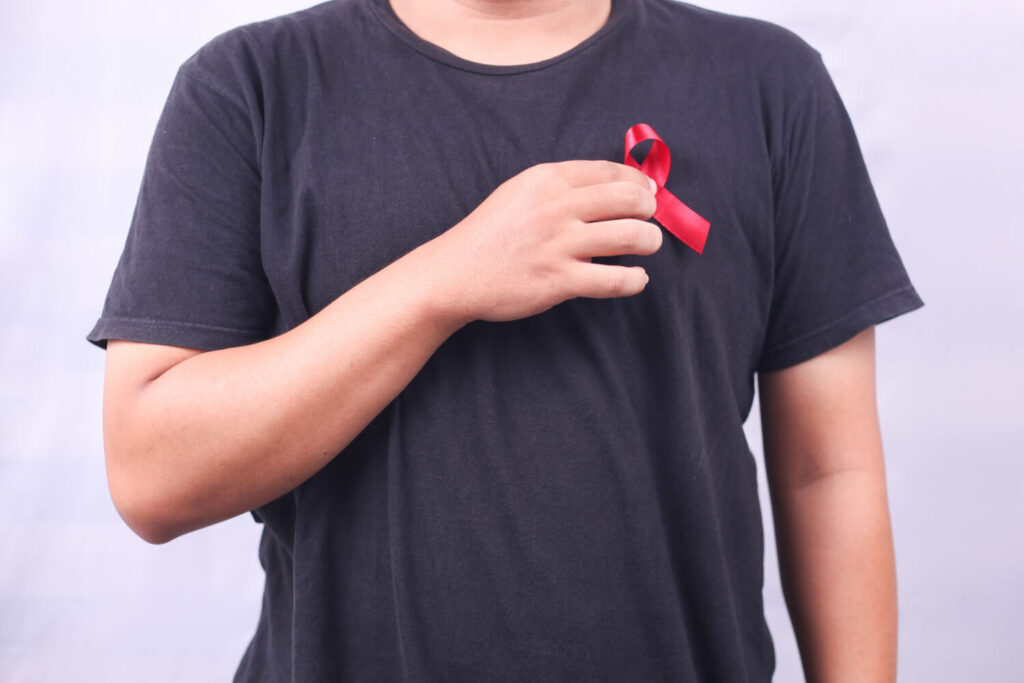
As mentioned earlier, certain groups of people must be mindful of the HIV retest recommendations as they are most likely to contract the virus. Some of them can get the virus due to their line of work, while others have high exposure due to certain actions. Let’s have a deep dive into each of them below!
Sexually Active Individuals with Multiple Partners
People with multiple sexual partners are at a higher risk of exposure to sexually transmitted infections. Using condoms can reduce the risk of transmission, but it is still advised to get tested regularly to ensure early detection and treatment if necessary.
Individuals in Serodiscordant Relationships
Serodiscordant couples, where one partner is HIV-positive, are encouraged to undergo HIV screening as needed. Frequent testing allows for monitoring and gives peace of mind to both partners, as it helps to ensure that the HIV-negative partner remains free from the virus. Regular testing also allows for early detection of any potential transmission risks and ensures that both partners can continue to make informed decisions about their sexual health and relationships.
People Who Inject Drugs
It is crucial for individuals who share needles to undergo routine testing for HIV, as they are at a significantly higher risk of contracting the virus. Regular testing is essential to monitor for possible transmission and to intervene early if necessary. This proactive approach can help to prevent the spread of HIV within this high-risk group and ensure that individuals receive the support and treatment needed.
Sex Workers
Individuals involved in sex work must prioritize their health by getting tested. Regular testing can help to ensure early detection of HIV infection and access to appropriate medical care. Thus, ultimately contributing to the overall well-being of those involved in sex work.
The Importance of Accurate and Reliable Testing
Accurate HIV test results are crucial for individuals to take the necessary steps for treatment and prevention. Knowing your HIV status allows for timely access to medical care and support services. It can also help you to take preventive measures to protect others and prevent further transmission of the virus. Therefore, having reliable HIV test results is vital in ensuring that individuals can make informed decisions about their health and well-being.
Follow these best practices for accurate testing:
Choose the Right Type of Test Based on the Window Period
If you’re testing soon after potential exposure, choose a test with a shorter window period, like the antigen/antibody test or a NAT. If testing is delayed, an antibody test might suffice.
Avoid Taking Expired Test Kits
Expired test kits may provide inaccurate results due to degraded chemicals or components. Always check the expiration date on any test kit, and consider purchasing from reputable vendors for reliability.
Seek Testing at Certified Centers
For the most reliable results, testing at certified healthcare facilities or using FDA-approved self-test kits is advisable. These centers have trained professionals and protocols that reduce the risk of errors.
Consult with Healthcare Professionals for Unclear Results
If your test result is unclear or indeterminate, consult with a healthcare provider for advice on the next steps, including additional testing and counseling.
Frequently Asked Questions
Do I need to retest if I get a positive test result?
Whether you got a positive or negative result, if you tested within the window period or had subsequent exposure, retesting is advisable. You can refer to the ideal HIV testing intervals discussed above for a more accurate test result.
Should I retest if I used expired HIV kits?
Yes, retesting using a non-expired kit is recommended to ensure accurate results. Expired kits may yield unreliable results, potentially leading to incorrect conclusions about your HIV status. It’s essential to prioritize accuracy and reliability when it comes to HIV testing to make informed decisions regarding your health and well-being.
Conclusion
Knowing when to retest for HIV is crucial for both personal health and public safety. Following HIV retest recommendations can contribute to early detection and effective prevention of HIV transmission. By following these guidelines and consulting with healthcare providers when necessary, you can take control of your health and make informed decisions.
Book an online consultation with an infectious disease doctor immediately if you belong to the high-risk groups or if you suspect a possible HIV exposure.
